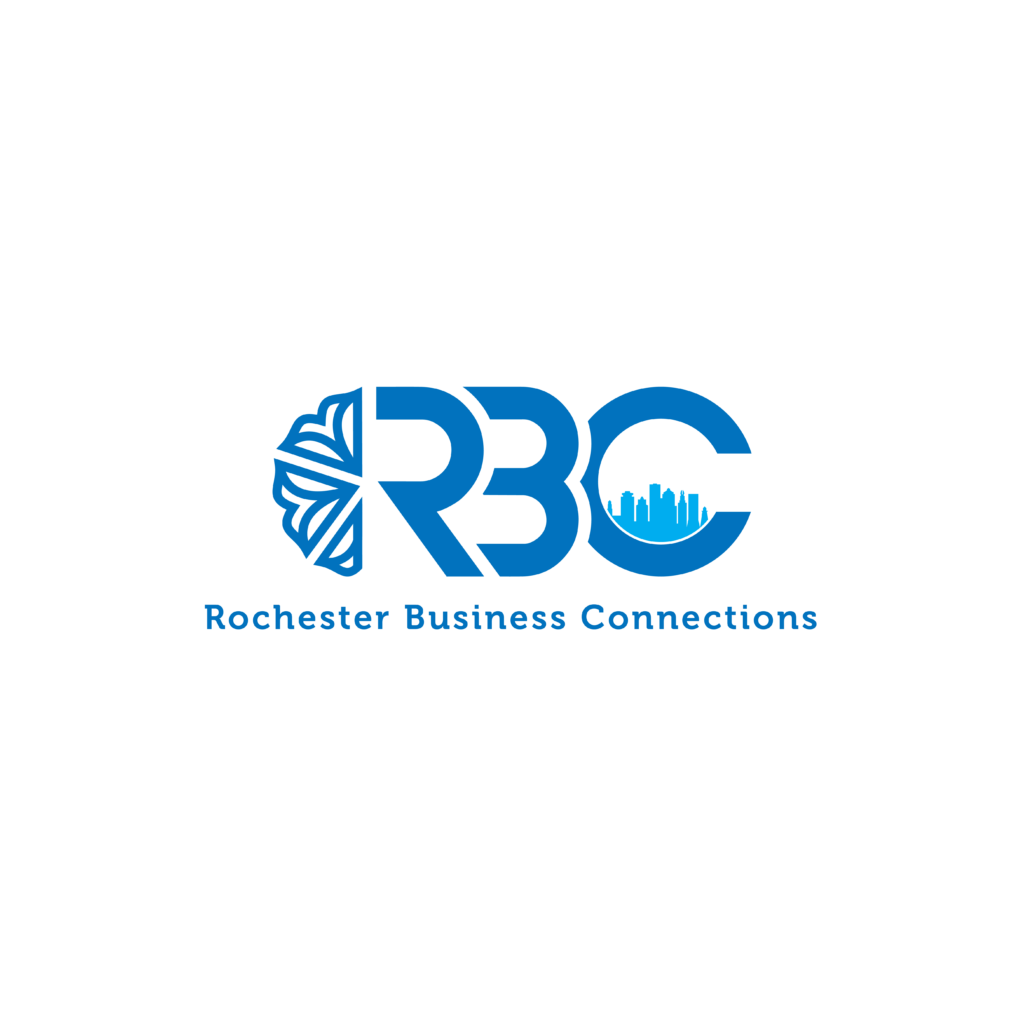Mentoring and coaching are all the rage these days, and for good reason. Who wouldn’t want a personal guru to guide them on the path to professional greatness?
But seriously, there has been a significant increase in demand for mentoring and coaching services in recent years. This is because professionals are expected to constantly improve, the business world is super competitive, and the skills and knowledge needed to succeed are diverse. With all this demand, there are now tons of different mentoring and coaching roles and services to choose from. Good luck deciding which one is right for you!
Workplace mentoring is a structured part of an organization’s training and development, unlike regular training and the appraisal process that a manager does. It involves a senior employee helping a junior employee make progress in their career, like preparing for a higher position or managing a project. The mentor offers guidance and advice in a supportive way, as determined by the organization’s human resources department. The goal is to help the mentee achieve their personal and professional goals, or as I like to call it, reach the top of the corporate ladder (or at least a few rungs up).
Coaching in an organizational setting has traditionally been part of the supervisor’s role to teach less experienced employees how to do certain tasks well. This is part of the process of developing skills, evaluating performance, and appraising progress. If the supervisor doesn’t feel like doing the coaching themselves, they can delegate to someone within the same team. This type of coaching involves teaching a skill until it is learned and can be done consistently to the required standard. While it is often done by more experienced people, they don’t always have to be higher in the company. Sometimes, the coach may be a younger person who is a total pro at a particular task or process.
In recent years, there have been changes in the way coaching is approached. There are now more approaches being used, and mentoring and coaching are often combined into one called coaching. The focus of modern coaching is on helping individuals and teams grow through goal-oriented, action-based approaches, rather than just teaching specific skills. This can include helping people identify their strengths and weaknesses (no more pretending you’re good at everything!), setting goals and plans to achieve them, and providing support and accountability to stay on track.
Mentoring and coaching can be super helpful for professionals who want to improve their skills and advance in their careers. By seeking guidance from a mentor or coach, individuals can learn from someone who has already been through similar experiences and can offer advice on how to overcome challenges and make the most of opportunities.
So go ahead, find your own!
Rochester Business Connections is made possible by www.RealBusinessConnections.com

